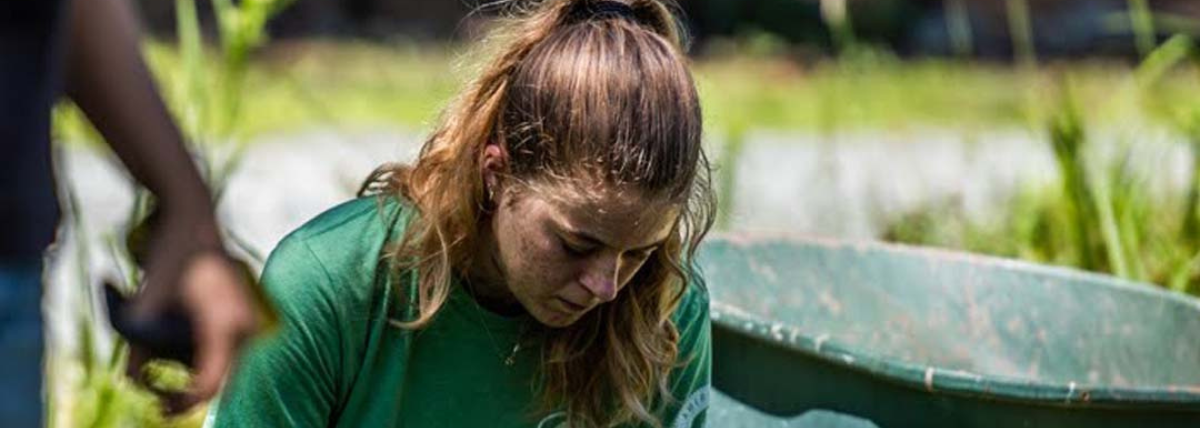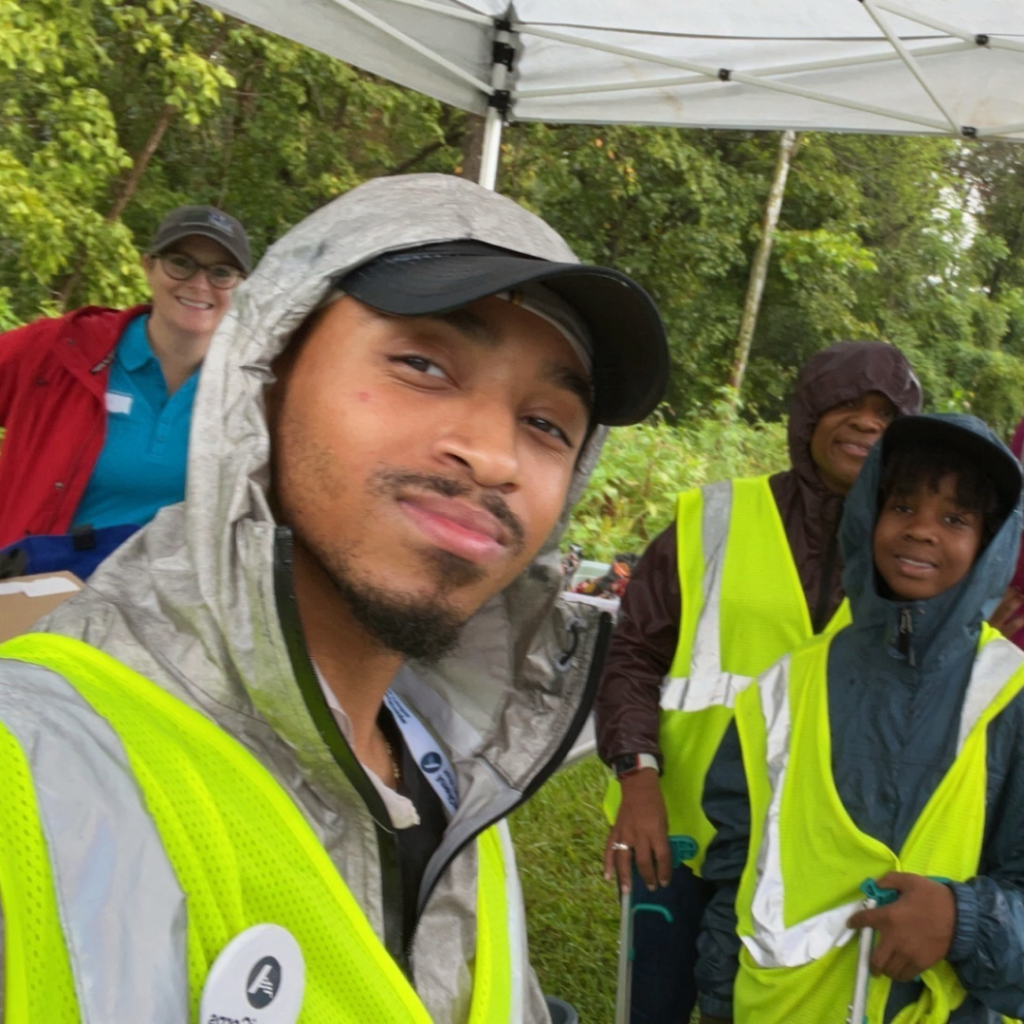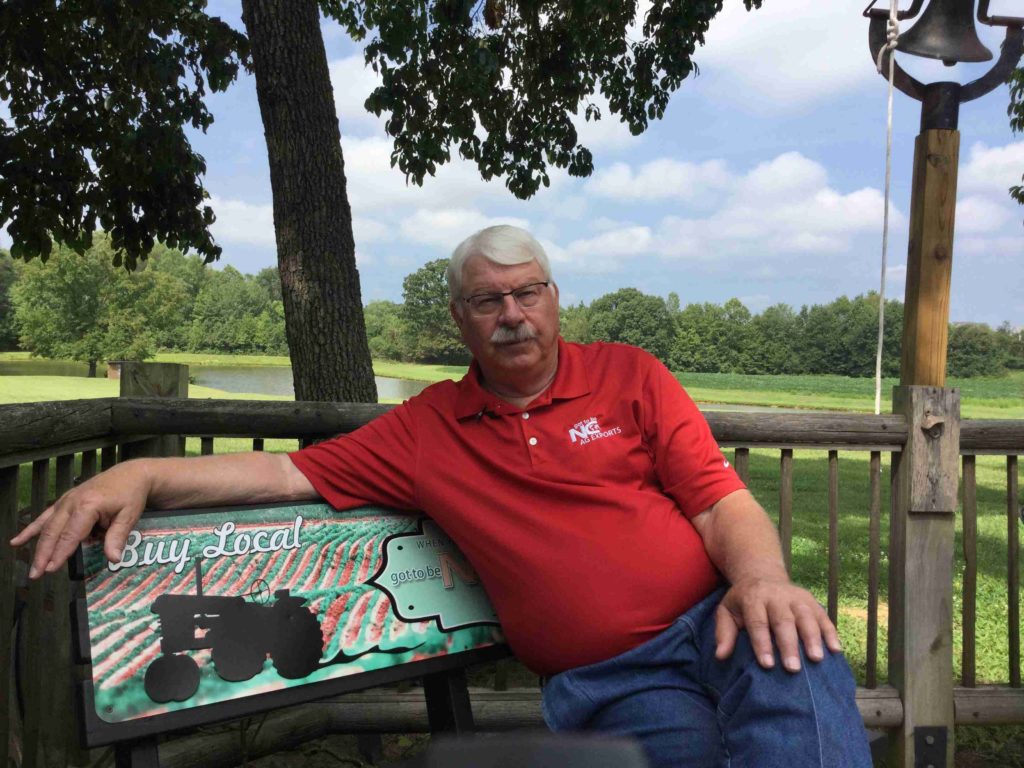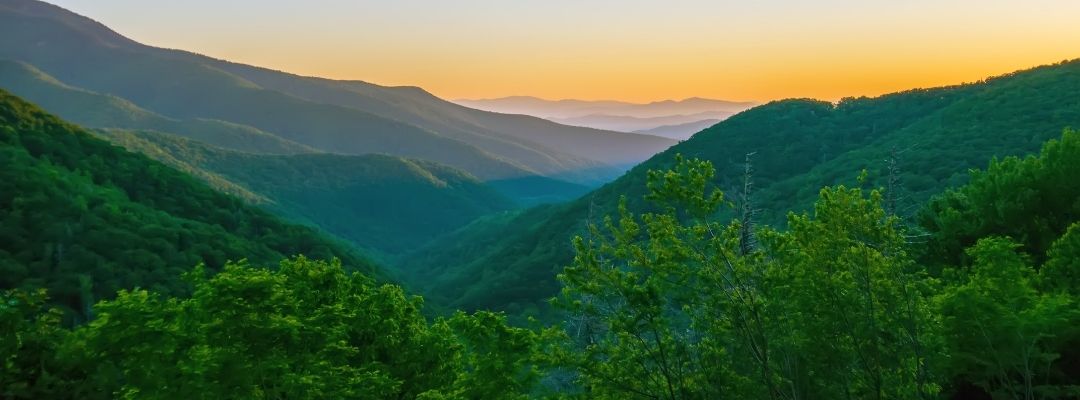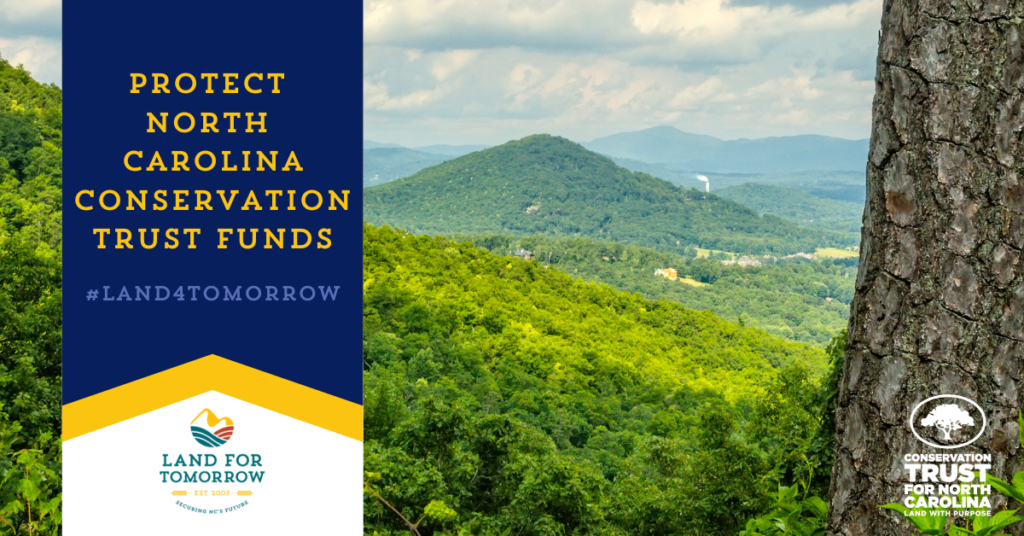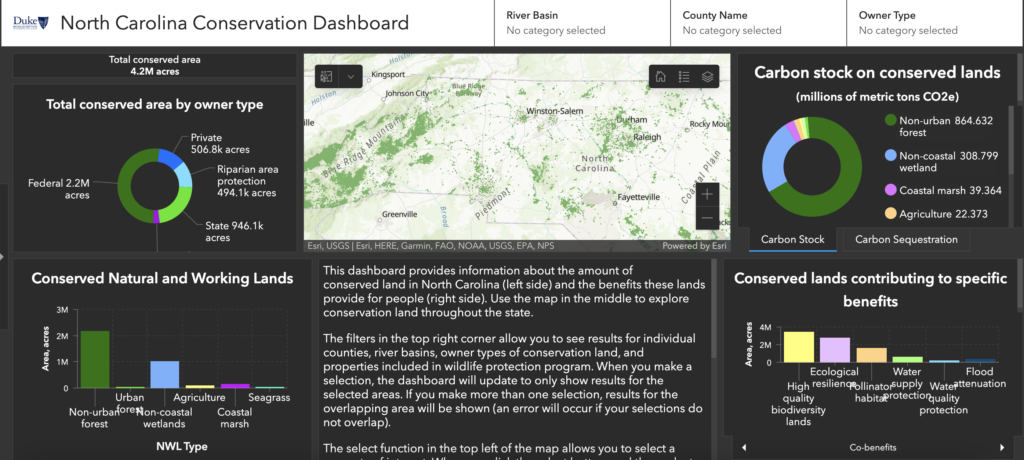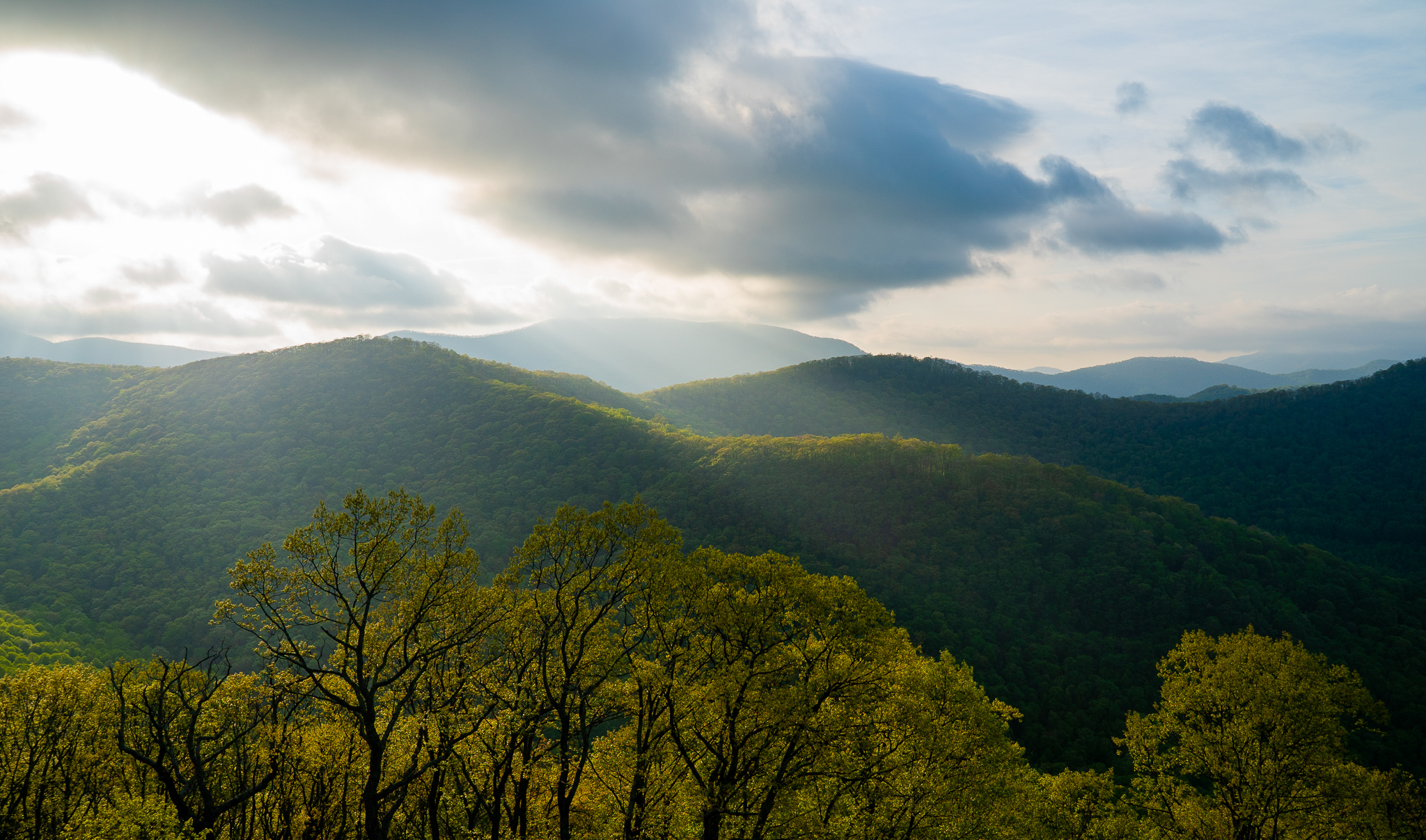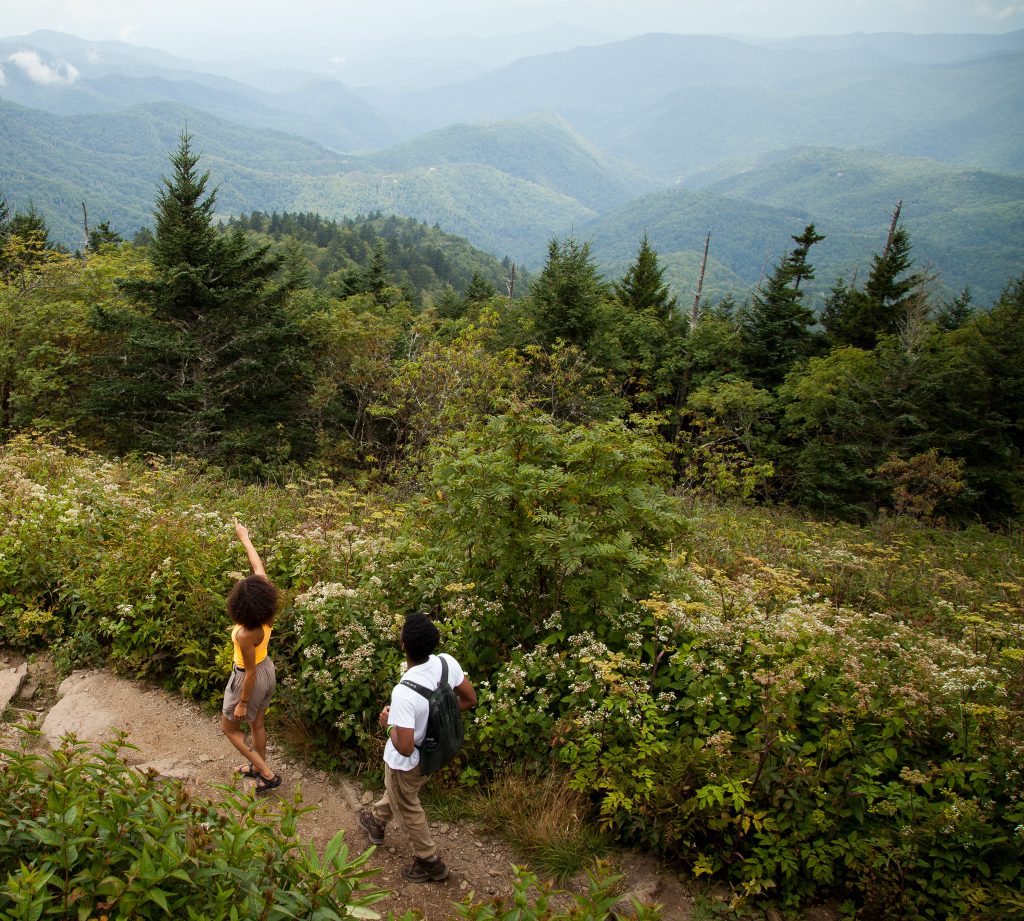Elected leaders from across our state are gathering in Raleigh to make key decisions that will shape the trajectory of conservation funding, land-use policies, and critical investments in community resilience strategies. Conservation Trust for NC is meeting with decision-makers to advocate for strong conservation policies you care about and to further expand our mission to build resilient, just communities throughout our state.
Our Board, staff, and community partners hope to collaborate with leaders in our state to achieve a range of conservation goals in our upcoming session:
Build Capacity for a Statewide Resilience Service Network
Building on the success of AmeriCorps in bringing new energy to the world of conservation, CTNC is working with partners to launch a statewide Resilience Service Network. This effort is designed to support North Carolina communities seeking to address the impacts of flooding, fire, extreme heat, and other environmental challenges. The Network proposal was informed by the results of a feasibility study completed with funding from the State Service Commission. Over the course of the year, network supporters will begin educating our lawmakers about the opportunity, the funding requirements, and the ultimate benefits to communities throughout the state.
Push for Additional Landowner Protections Through the Uniform Act
Enacting the Uniform Partition of Heirs Property Act (UPHPA) in North Carolina will address how current state laws leave landowners of heirs’ property vulnerable to involuntary land loss. The legislation safeguards families from involuntary partition sales and allows access to beneficial funding and aid programs, including FEMA disaster recovery and the USDA Farm Bill. We believe North Carolina should be the next state to adopt legislation that better protects heirs’ property rights. We strongly believe the UPHPA provides substantial benefits and safeguards to North Carolina families. We join a bipartisan group of conservation organizations, land trusts, family farmland preservation advocates, and more in encouraging the enacting of these protections.
Protect the Conservation Trust Funds
We support The Land for Tomorrow Coalition’s requests to the Governor and the General Assembly to build upon the success of past conservation trust fund allocations. Visit the Land for Tomorrow website to get updates on their requests.
Fund North Carolina’s Trails
Conservation Trust for North Carolina supports recommendations from the Great Trails State Coalition for appropriations to establish the Great Trails State Fund.
Bring Back Funding and Conservation Tax Credit
Conservation Trust for North Carolina supports restoring dedicated funding from state deed excise stamp tax revenues to the Land & Water Fund and Parks & Recreation Trust Fund and restoring the 25% conservation tax credit.
Support Job Expansion and Additional Conservation Staffing
Conservation Trust for North Carolina strongly supports requests by the Department of Natural & Cultural Resources, NC Wildlife Resources Commission, and Department of Agriculture requests for staff to manage the conservation trust funds and to manage new state parks, historic sites, game lands, and state forests.
We’ll need strong voices committed to sharing their commitment to conservation and community resilience throughout this year. Join our advocate network to be alerted about opportunities to support conservation policy-making alongside CTNC and our partners.


